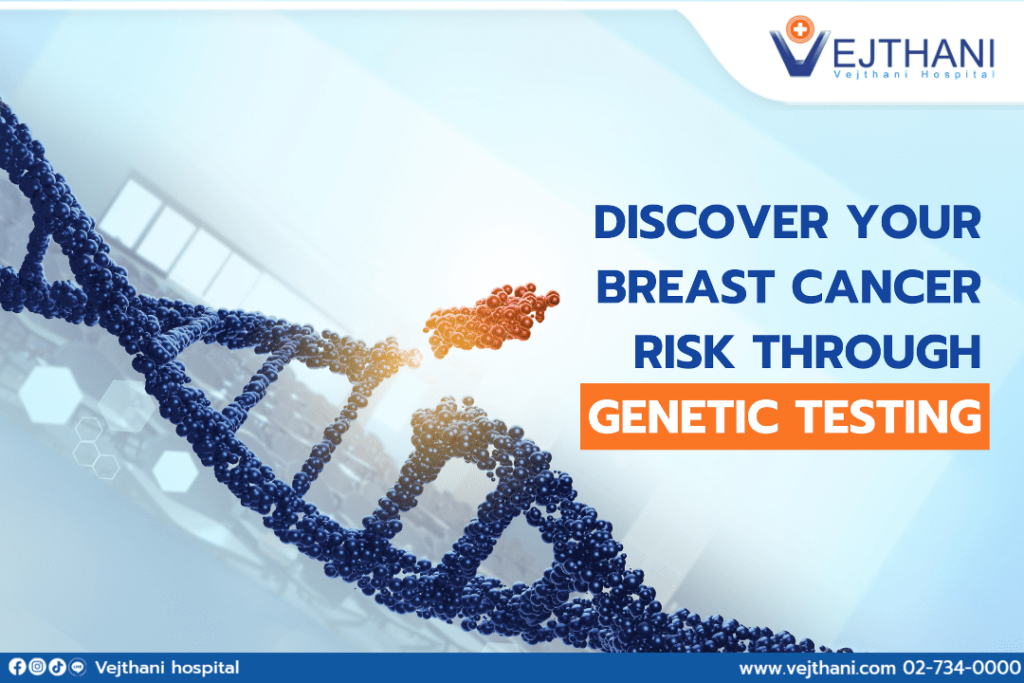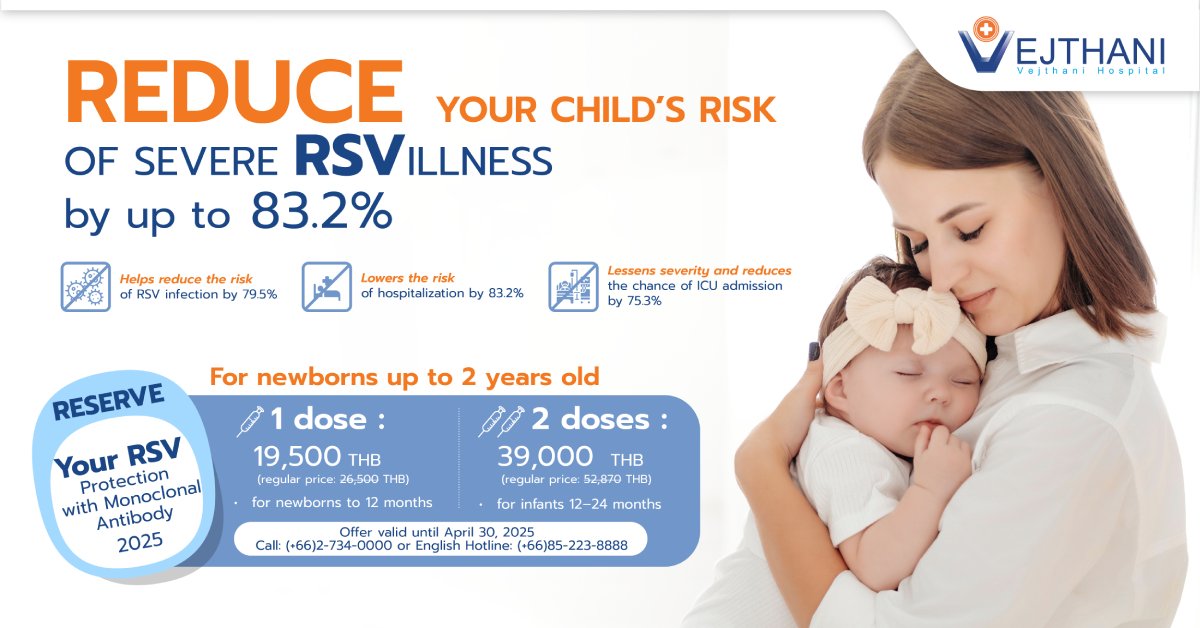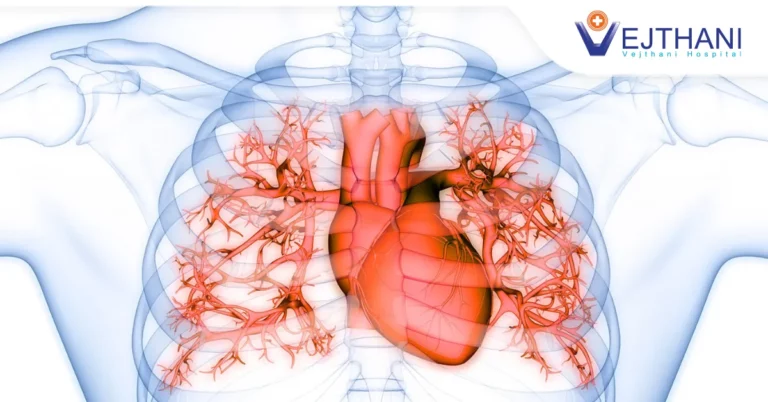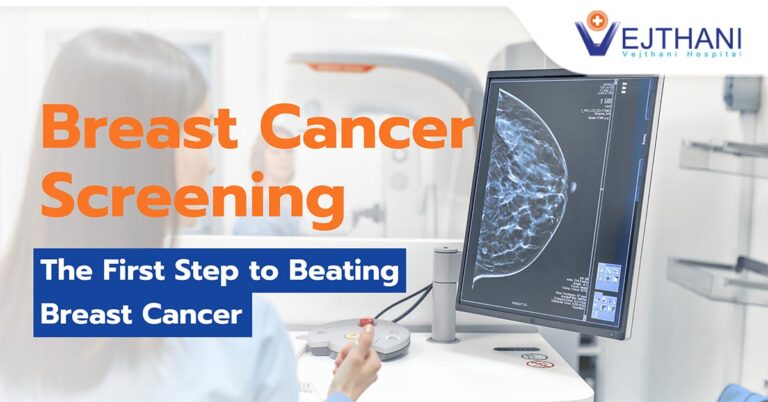

Genetic testing for breast cancer is an analysis of a person’s DNA to identify mutations in genes like BRCA1 and BRCA2, which significantly increase the risk of developing breast cancer. This testing can provide crucial information for individuals with a family history of breast cancer, informing them about preventive measures, such as increased screening, lifestyle changes, or prophylactic surgeries. The results can also guide treatment options if cancer is already diagnosed, as certain therapies may be more effective for those with specific genetic mutations.
Who should receive genetic testing for breast cancer?
General genetic testing criteria
- Individuals with any blood relative with a known P/LP variant in a cancer susceptibility gene.
- Individuals meeting the criteria below but tested negative with previous limited testing (e.g., single gene and/or absent deletion duplication analysis) and are interested in pursuing multi-gene testing.
- A P/LP variant identified on tumor genomic testing that has clinical implications if also identified in the germline
- To aid in systemic therapy and surgical decision-making.
Genetic testing criteria for high-penetrance breast cancer susceptibility genes BRCA1, BRCA2, CDH1, PALB2, PTEN, STK11, and TP53 (germline multigene panel testing)
- Personal history of breast cancer with specific features
- Age ≤50 years
- Treatment indications – To aid in systemic treatment decisions using PARP inhibitors for breast cancer
- Pathology/histology – Triple-negative breast cancer, multiple primary breast cancers (synchronous or metachronous), lobular breast cancer with personal or family history of diffuse gastric cancer
- Male breast cancer
- Ashkenazi Jewish ancestry
- Family history of breast cancer at age ≤50 years, male breast cancer, ovarian cancer, pancreatic cancer or prostate cancer
- Family history of cancer only
- Individuals affected with breast cancer (not meeting testing criteria listed above) or individual unaffected with breast cancer with a first- or second-degree blood relative meeting any of the criteria listed above (except unaffected individuals whose relatives meet criteria only for systemic therapy decision-making)
- Individuals affected or unaffected with breast cancer who otherwise do not meet the criteria above but have a probability >5% of a BRCA1/2 P/LP variant based on prior probability models (e.g., Tyrer-Cuzick, BRCAPro, CanRisk).
For more information, please contact
Life Cancer Center, Vejthani Hospital
Call: (+66)2-734-0000 Ext. 2720
English Hotline: (+66)85-223-8888
- Readers Rating
- Rated 5 stars
5 / 5 ( Reviewers) - Spectacular
- Your Rating



























